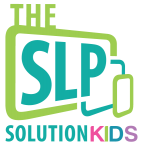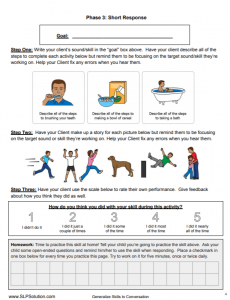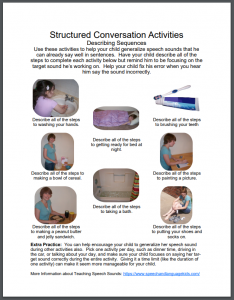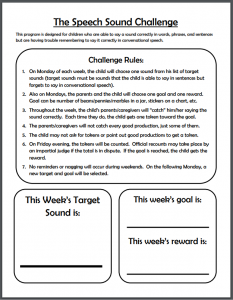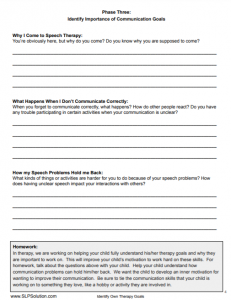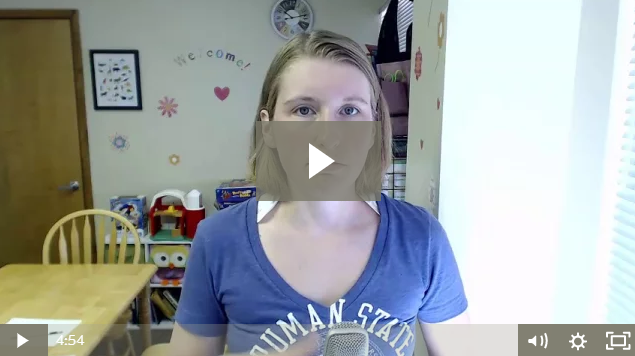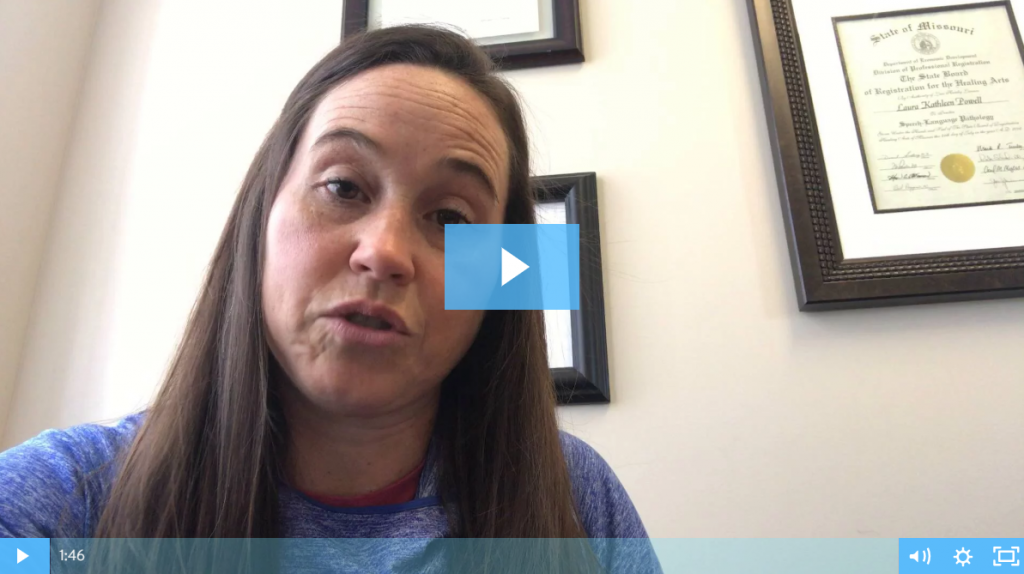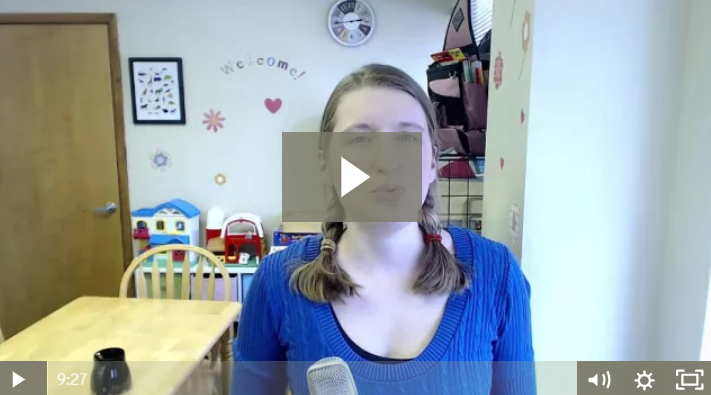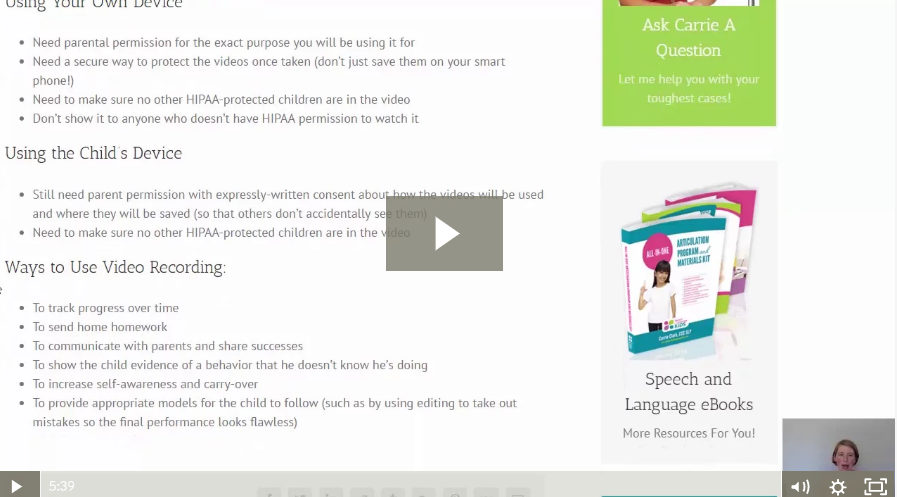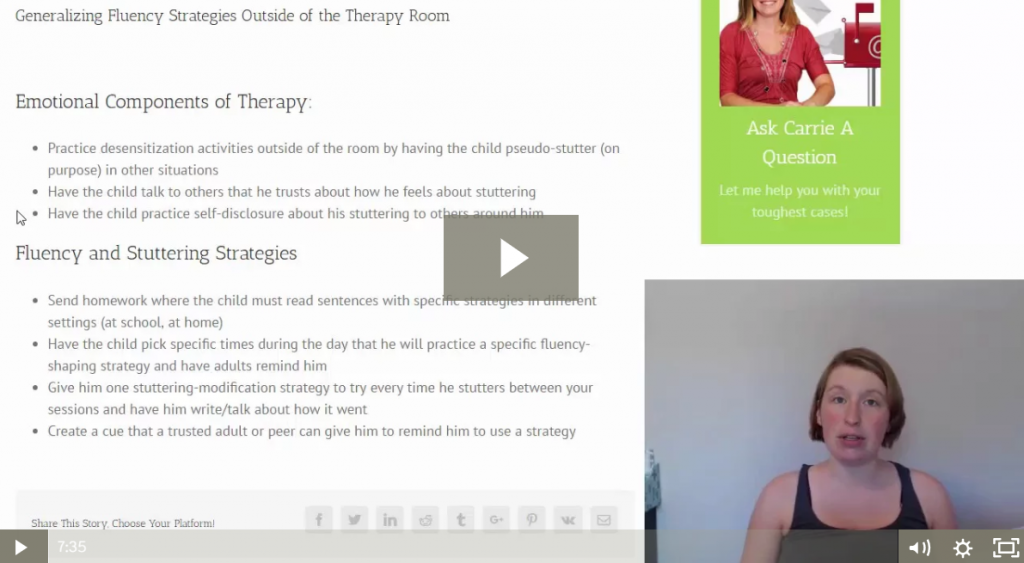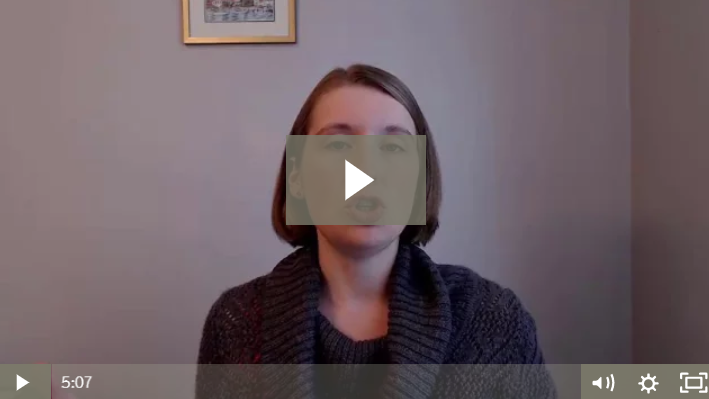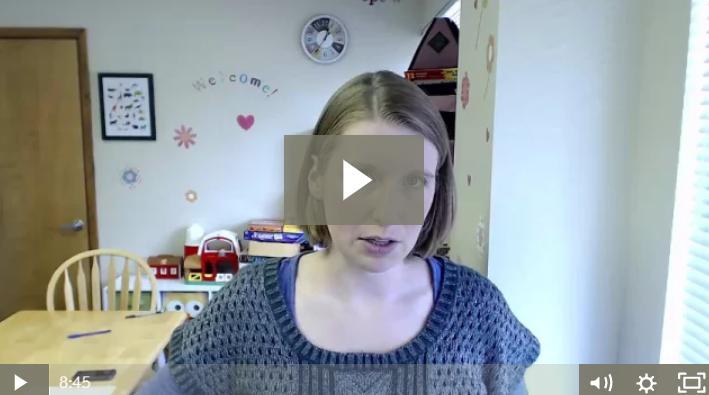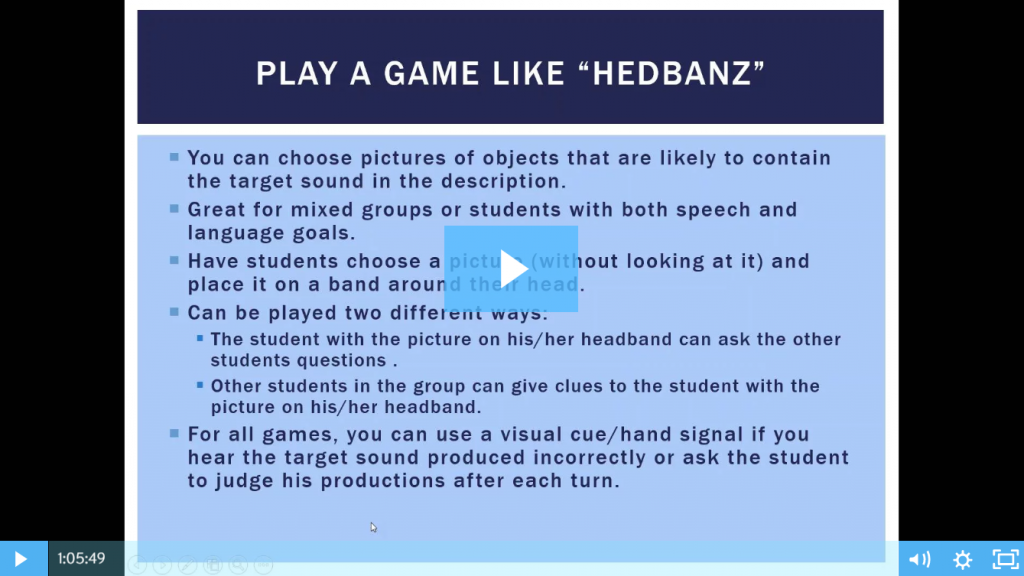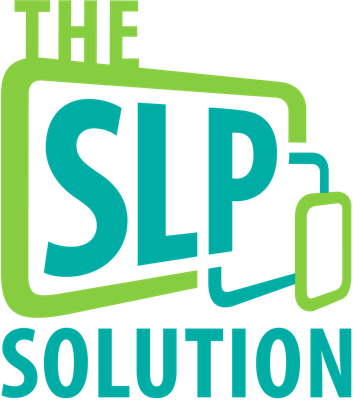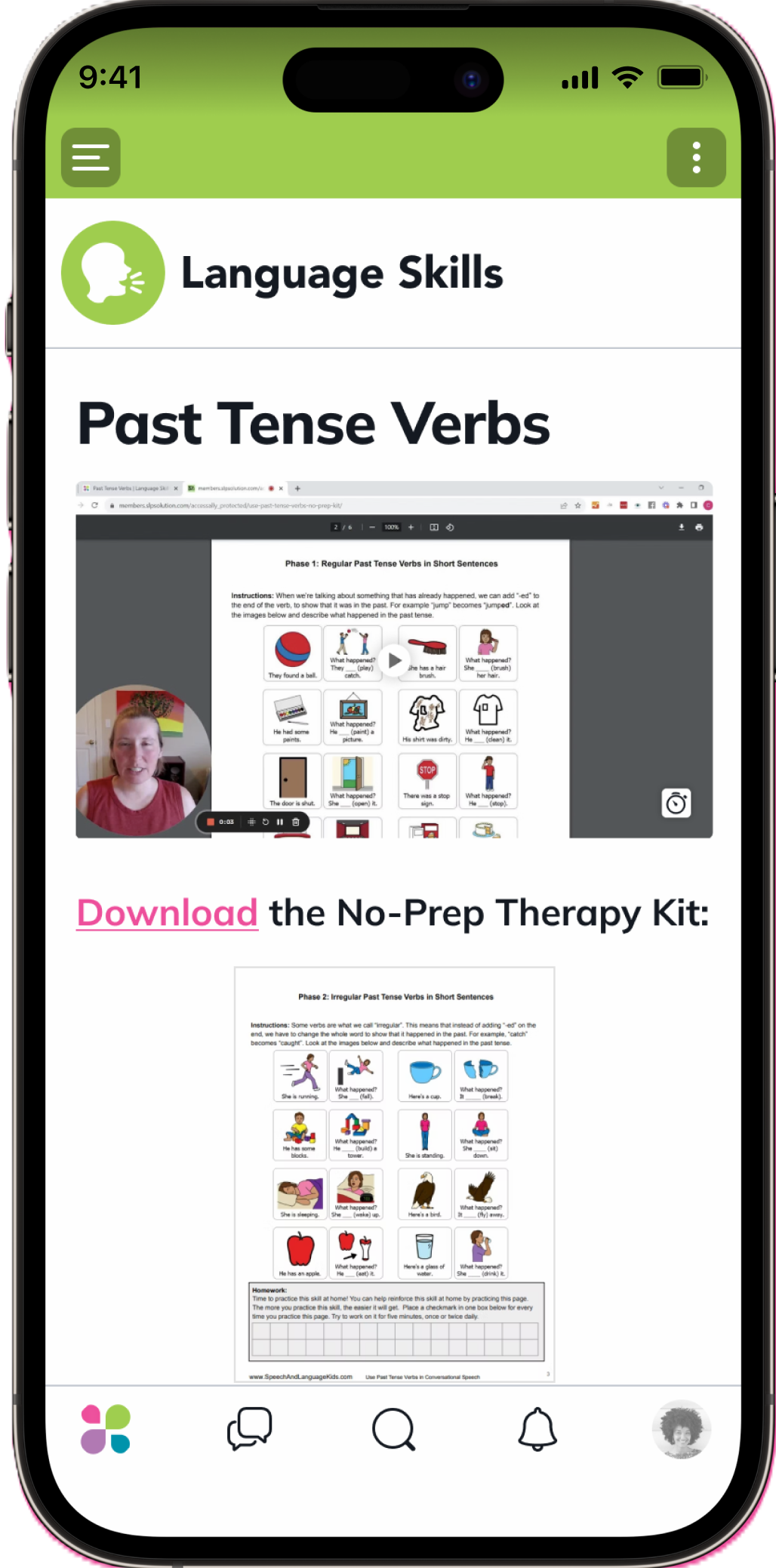Goal: Generalize Skills to Conversation
Sample Goal:
During a 10-minute observation in the natural setting, client will spontaneously demonstrate <INSERT SKILL HERE> in conversational speech by achieving a 5 out of 5 on the following rubric on 3 consecutive data collection days:
1 = Did not demonstrate skill
2 = Demonstrated occasionally or with maximal prompting
3 = Demonstrated skill about half of the time or with some prompting
4 = Demonstrated skill most of the time or with minimal prompting
5 = Demonstrated skill independently almost all of the time
Download the No-Prep Therapy Kit:
We have a start-to-finish therapy kit that will give you everything you need to practice this skill in therapy and send home homework. Click the packet below to open it. Then, print it out and place it in the client’s notebook or binder.
Therapy Phases:
- Quick Response: Client will independently demonstrate <INSERT SKILL HERE> when giving quick responses, such as in automatic speech tasks (telling the days of the week or reciting a familiar pledge/quote) or naming items from a given category (name as many vehicles as you can) by achieving a 5 out of 5 on the above rubric.
- Reading/Retelling: Client will independently demonstrate <INSERT SKILL HERE> when reading or retelling a short passage by achieving a 5 out of 5 on the above rubric. (***If client is not reading yet, you will read the passage to him/her and have the client retell it to you)
- Short Response: Client will independently demonstrate <INSERT SKILL HERE> when giving short responses (such as telling all of the steps to a familiar task or retelling a story/past event) by achieving a 5 out of 5 on the above rubric.
- Conversation (Structured Setting): Client will independently demonstrate <INSERT SKILL HERE> during conversational speech in a structured setting (such as having a short conversation in the speech therapy room or in an isolated area of the classroom) by achieving a 5 out of 5 on the above rubric.
- Carry-Over/Generalization (All Settings): During a 10-minute observation in the natural setting, client will spontaneously demonstrate <INSERT SKILL HERE> in conversational speech by achieving a 5 out of 5 on the following rubric on 3 consecutive data collection days.
What’s Next?
- If your client is struggling to master one of these phases, make sure that the client’s self-awareness is good on the previous phase. Go back to the previous phase and ask the client to rate his own performance during that task. Some children who are struggling to master a phase haven’t yet developed the self-awareness to be able to monitor their own productions.
- Once your client completes these therapy phases, he/she should be done with this skill! At this point, you can place the client on a “monitor” status for this skill and let the caretakers and educators know that they should alert you if the client begins to regress in this skill.
Supplemental Materials
Here are some other resources that may help you when working on this skill:
Structured Conversation Pack for Speech Sound Carry-Over
A collection of worksheets that will give you additional prompts that you can use to help a client remember to the new skill in progressively more difficult speech tasks.
Speech Sound Carry-Over Challenge
A one-page speech challenge that can be used at home, school, or in speech therapy to use positive reinforcement to help a client remember to use a new speech skill.
Identifying the Importance of One’s Therapy Goals: No-Prep Kit
This no-prep kit will help a child identify his/her therapy goals and find inner motivation to work on them. This can be extremely important for generalization.
